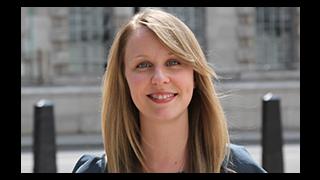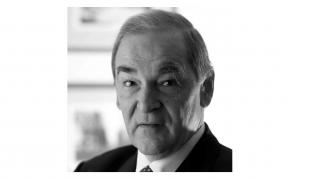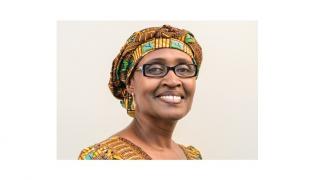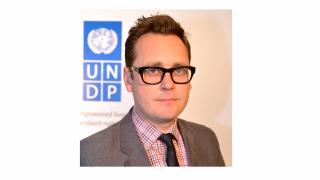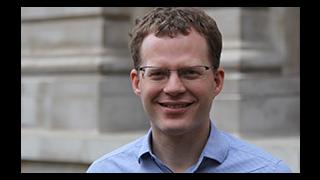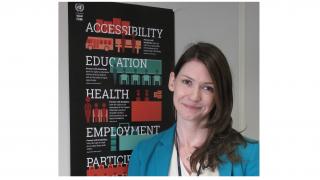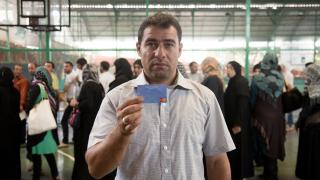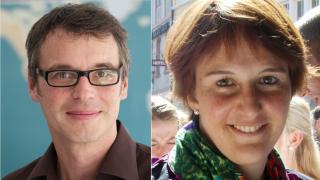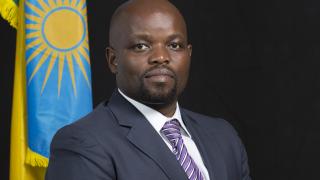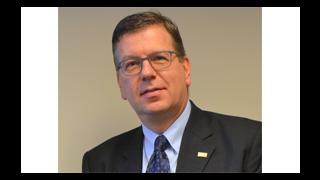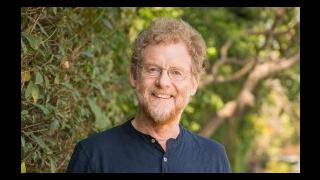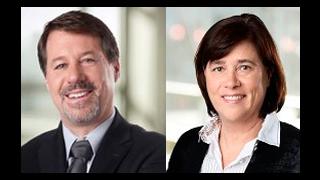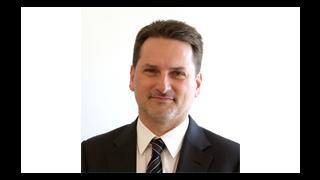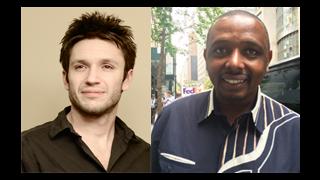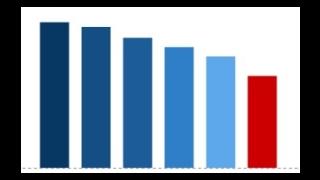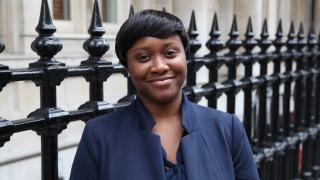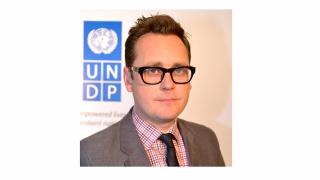
Almost 15 years ago the world agreed on a set of goals to eradicate the most extreme forms of poverty in poorer countries. The Millennium Development Goals (MDGs) have helped to rally unprecedented action. For some goals, particularly those on communicable diseases and child mortality, the MDGs have galvanised political will and mobilised extra cash.
Over the lifetime of the MDGs, those interested in seeing whether sufficient progress is being made have faced an uphill struggle. In some countries there are big gaps in available data, collected by governments via household surveys. In some areas we have had to stretch our imagination and use estimates. It has all been done professionally and with the utmost of care, but the simple fact is that our data sources have been lagging behind our appetite for making the world a better place.
As we approach the 2015 end-date of the MDGs, a successor framework that hopes to advance sustainable development the world over is on the table. To put it mildly, unless we get on top of this data problem quickly, we will find it very difficult to see whether the new Sustainable Development Goals (SDGs) are driving the same kind of progress as the MDGs.
There are two reasons for this: first, UN member states are close to agreeing a new set of 17 SDGs with 169 targets – a significant expansion from the 8 goals and 21 targets of the MDGs. While this article isn’t about how or why such a large agenda was chosen, everyone involved agrees that it presents a mountainous data challenge.
Second, not only will the new SDGs be measured for every country in the world, governments have said that it should apply to every person in every country, so as to “leave no one behind”. As a result, many people have called for nothing less than a data revolution. If you want to read more about this, do look up the excellent report of the UN Secretary-General’s Expert Panel, “A World That Counts”.
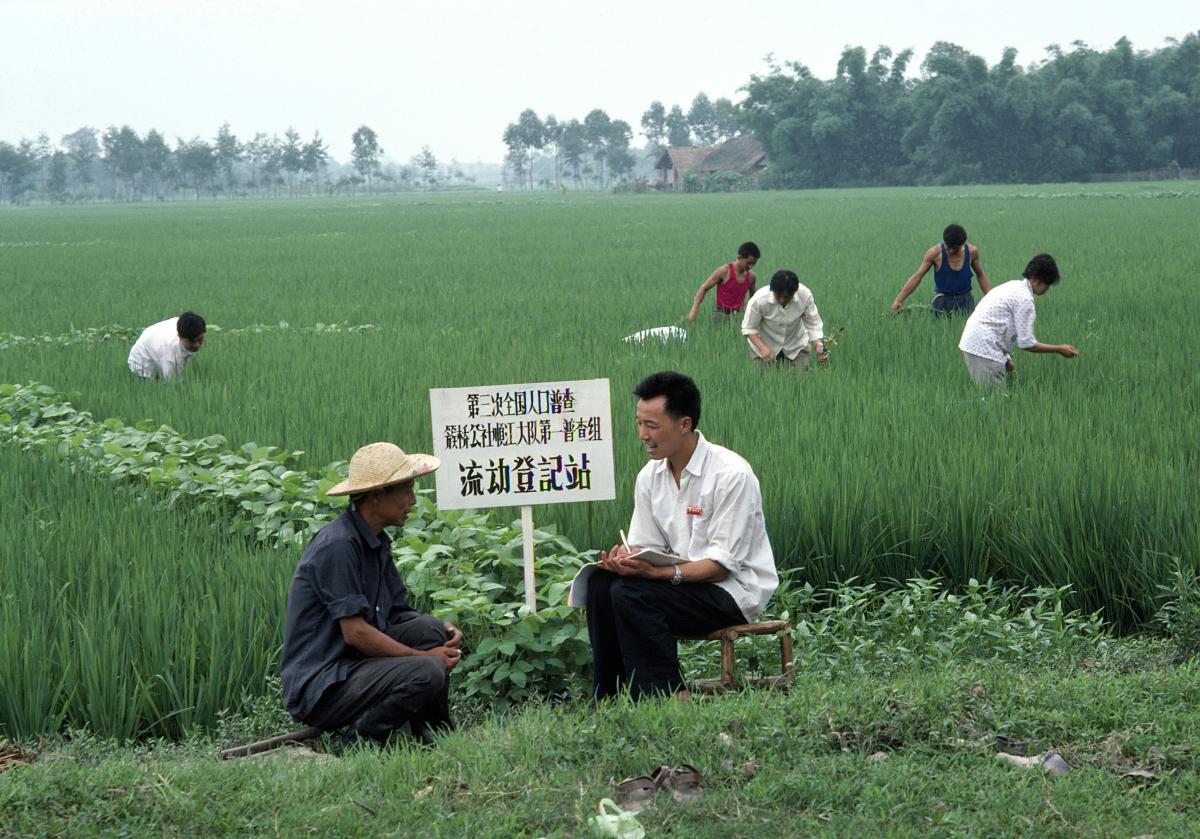 But how can we make it happen? There is no getting around it – we need to invest more money and time in basic statistics. That means regular censuses and household surveys. We shouldn’t see this as a cost – instead it’s a basic investment in making the SDGs happen. The Democratic Republic of the Congo hasn’t had a census since 1960, and some countries have only undertaken one survey in the 15 years of the MDGs – so we can’t tell if the situation is getting better or worse.
But how can we make it happen? There is no getting around it – we need to invest more money and time in basic statistics. That means regular censuses and household surveys. We shouldn’t see this as a cost – instead it’s a basic investment in making the SDGs happen. The Democratic Republic of the Congo hasn’t had a census since 1960, and some countries have only undertaken one survey in the 15 years of the MDGs – so we can’t tell if the situation is getting better or worse.
Thankfully we now have the prospect of new tools to help us out. While the digital divide still exists, it is fast eroding. Within the next few years most people, even in poorer countries, will have smartphones – and as a result will be able to access information and provide indications about how they live their life, how frequently they are accessing services, and how much money they are spending.
If carefully anonymised and aggregated, this information can give clues as to how well people are doing. This may never replace most official statistics, but between expensive surveys it can be a helpful proxy.
There are other ways in which people can generate data. Increasingly, surveys of limited yet representative groups of people are being used to find out people’s opinions, values and well-being. While we have to recognise the limitations of these types of survey, they can help to plug the gaps, and provide us with important information about how, and if, people see change happening.
These changes mean we are moving towards a slightly messier data world, but perhaps a more democratic one, with more providers and more users.
In the end, we have to think of data in its proper place. The information data can create is a bit like a book sitting on a shelf. Carefully written and beautifully designed, it will nevertheless mean very little – and will not change the way we think – unless it can be read and enjoyed.
But in many parts of the world it can be difficult to access even basic data. And even if we do, politicians may not feel comfortable with the close scrutiny that better information, used widely and wisely, can provide.
Ultimately, people are the real means through which we turn data into change. They identify a problem that needs solving, and mobilise the political will to do so. Data without people is next to useless, and people without data can feel powerless. So the data revolution, as with all revolutions, starts and ends with people.
Paul Ladd is Director of Post-2015 at the UN Development Programme
Photo: A census worker conducts interviews in a field outside Chengdu, Sichuan Province. Gathering data for China’s most recent census in 2010 required the man-power of 10 million workers, equivalent to the population of Belgium © UN Photo/John Isaac

